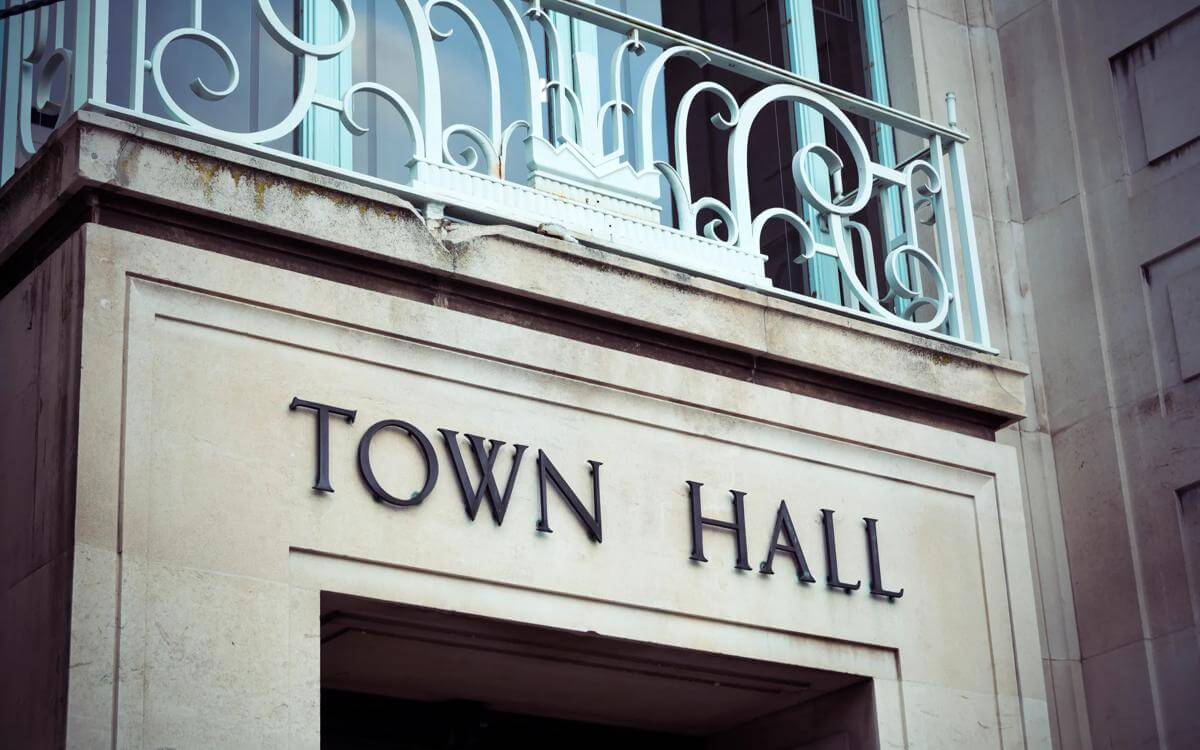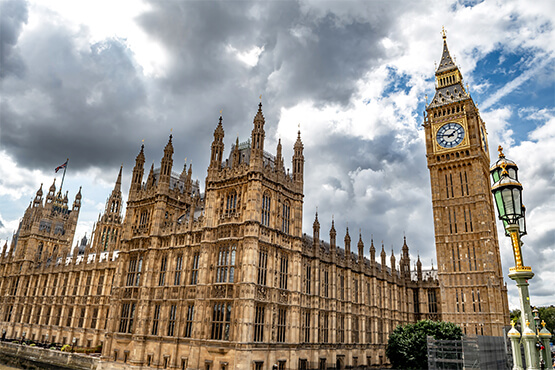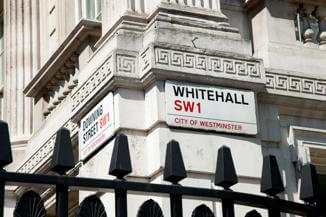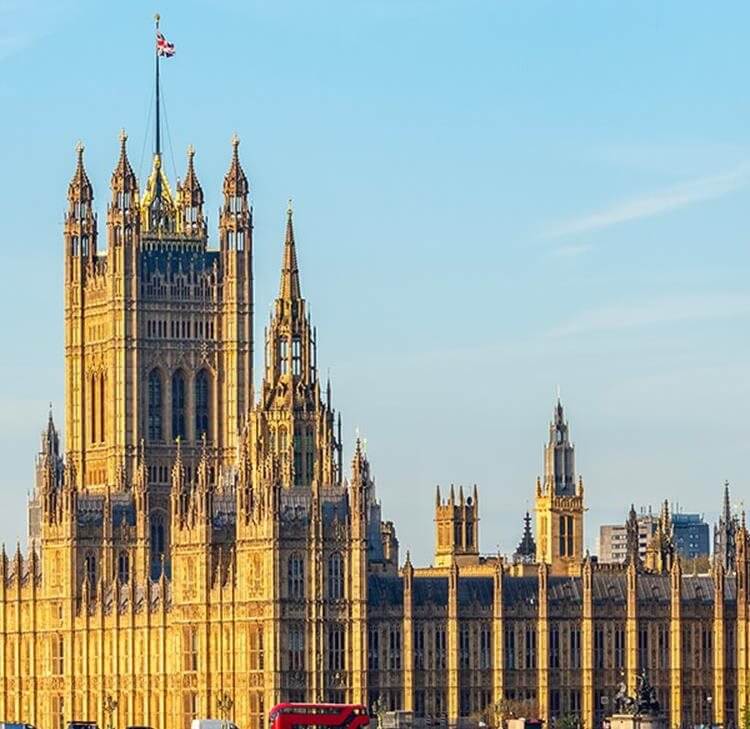Taking a pragmatic and common sense approach to Housing Disrepair during COVID-19
The resolution of disrepair issues will not always be straightforward for landlords in the new world in which we find ourselves. The Ministry of Housing, Communities & Local Government has therefore released Guidance for Landlords and Tenants.
Please note: the information contained in this legal update is correct as of the original date of publication
This article is taken from June's public matters newsletter. Click here to view more articles from this issue.
The resolution of disrepair issues will not always be straightforward for landlords in the new world in which we find ourselves. The Ministry of Housing, Communities & Local Government has therefore released Guidance for Landlords and Tenants which covers a variety of subjects including payment of rent and possession proceedings, along with addressing the issues landlords may encounter when attempting to gain access to a tenant’s property to deal with disrepair and how to keep tenants and staff safe, whilst complying with repairing obligations. This note focuses on the disrepair element of the guidance with particular reference to points for consideration by local authorities and Arms Length Managing Organisations (ALMOs) when resuming routine maintenance works.
A pragmatic and common sense approach
The guidance makes clear that a landlord’s repair obligations have not changed, but appreciates that planned inspections and maintenance may be more difficult at present. It suggests issues should still be reported to a landlord but that a pragmatic and common sense approach should be taken to non-urgent issues which are affected by COVID-19 related restrictions. For urgent issues, every effort must be made to resolve the problem, particularly if it affects the tenant’s ability to live safely and maintain their mental and physical health in the property.
In the initial stages of lockdown, many local authorities, ALMOs and housing associations simply stopped responding to non-urgent issues. This was an understandable response to the initial lockdown period and the uncertainties faced in terms of the duration of the restrictions, concerns about infection and the protection of tenants and staff. However, as it is now apparent there will be no quick fix to this situation, social housing providers should begin to think about how they can deliver services and meet their obligations to tenants in a manner that is as safe as possible. Government guidance is now available on how to work safely in other people’s homes where digital or remote alternatives are not possible. The guidance, initially published on 11 May 2020, was updated several times, most recently on 29 May 2020, and is likely to be further updated as the situation develops. Recommended measures include ensuring social distancing by keeping a minimum of 2 metres apart from colleagues whilst at work and whilst travelling to and from sites and encouraging tenants to leave the room the operative is working in. The guidance acknowledges that multiple workers may be required and that social distancing may not be possible. In such situations, the guidance suggests mitigating actions such as washing hands frequently and wiping down all surfaces, keeping the activity time as short as possible, and considering the use of screens or barriers, back to back or side to side working or creating fixed teams or consistent partnering to reduce the risk of infection with a greater emphasis on regular cleaning of equipment where it must be shared. The degree to which such measures are possible will depend upon the nature of the work undertaken and the resources of the employer.
Assessment of Risk
It is therefore vital that a COVID-19 specific risk assessment is carried out by the social housing provider with consideration given to the type of work they are currently able and willing to respond to (taking into account a landlord’s various legal duties), how that work will be carried out and how risks to employees and tenants will be minimised. Where a social housing provider instructs contractors, it would be prudent to ensure the contractor has an appropriate risk assessment in place to minimise the risks of infection to the tenant and that this is explained to the tenant prior to works commencing to ensure the tenant knows what is expected of them and is comfortable. An example of this would be arrangements on arrival at the property and whilst carrying out works to avoid face to face contact, leaving internal doors to the relevant area open to avoid touching door handles. This will also give the tenant the opportunity to advise as to any specific restrictions for example, due to health reasons they have been advised to shield or they are currently showing symptoms (in which case works should not be carried out unless there is a direct risk of safety to the tenant as a result of the disrepair). The government guidance suggests that it expects those businesses with over 50 workers to publish these risk assessments on their websites and provides a downloadable notice which can be displayed to show compliance with the guidance. As a minimum, the risk assessment and control measures implemented to reduce the risk should be recorded and retained.
Dealing with disrepair claims from tenants
In the event a letter of claim is received, careful consideration should be given to the specific allegations made. In particular:
- Are the repairs sufficiently serious to warrant attention now, or can they reasonably be delayed until social distancing measures are lifted (bear in mind we do not currently know when that will be and so any such repairs will need to be kept under review as and when restrictions are reduced)? Given the partial lifting of restrictions, the Government expectation is that landlords, including social housing providers, should be carrying out repair works where possible.
- Can your maintenance surveyor inspect the property to ascertain the extent of the repair need, either remotely by video call with the tenant, or in person with appropriate social distancing measures in place?
- Can records be accessed if office staff are working from home?
- Do records suggest the disrepair complained of is an ongoing issue which could escalate if not attended to?
- Are there any health restrictions on the part of the tenant which might prevent works from being carried out?
- If repairs are required, are your staff or contractors able to carry them out safety and does the tenant actually want the works carried out currently?
The answers to the above will inform whether or not the repairs should be carried out now or whether they can reasonably be postponed to a later date. The assessment of the situation and all contact with contractors and the tenant should be documented. A social housing provider will need to evidence the steps they have taken to attempt to resolve the issue and refusal of access from tenant or the inability to engage trades people to carry out the work will support a landlord’s position that they have taken all reasonable steps to respond to a complaint of disrepair.









































